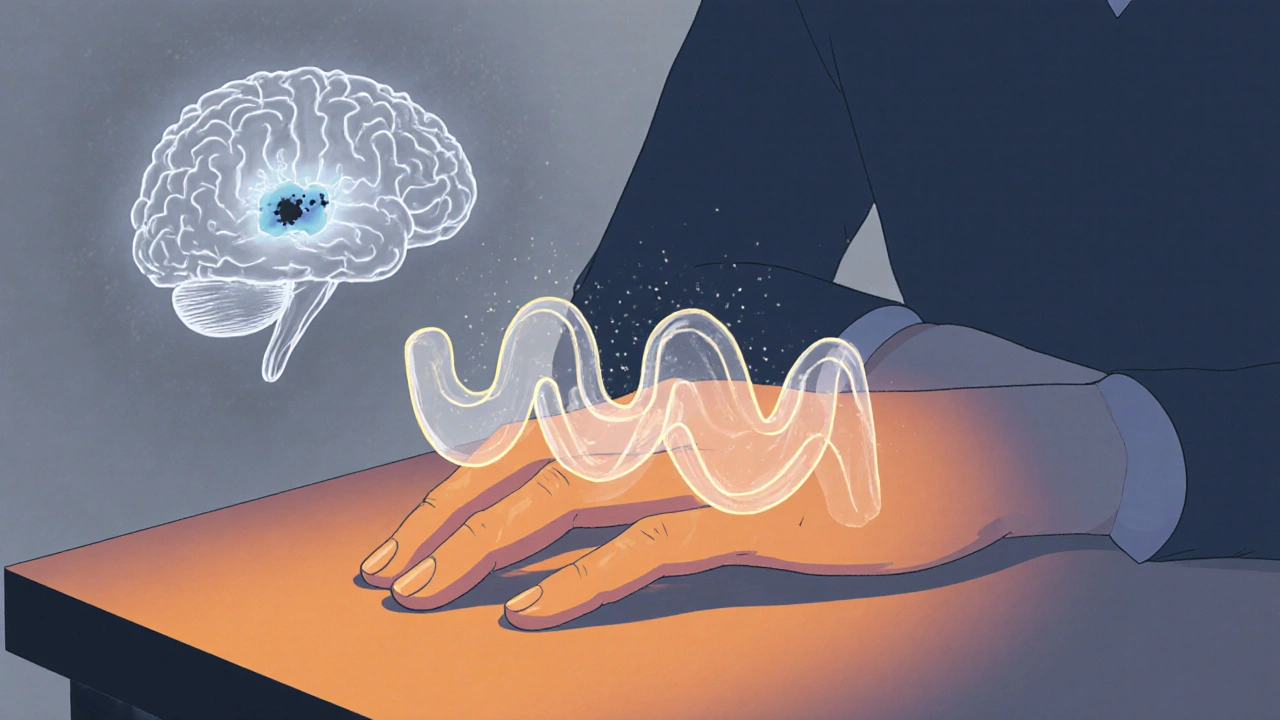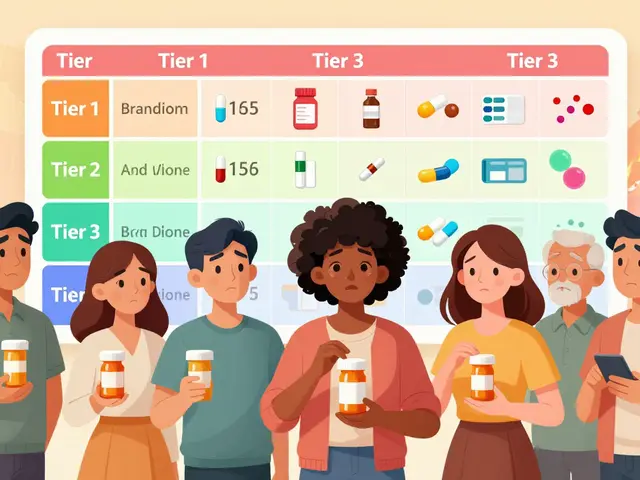Muscle Stiffness: What It Is and How to Get Relief
If you’ve ever woken up with tight shoulders or felt a knot in your calf after a long walk, you know how annoying muscle stiffness can be. It’s that uncomfortable, sometimes painful feeling that makes it hard to move naturally. Below we break down why it happens, simple ways to ease it, and point you to related reads on our site.
What Causes Muscle Stiffness?
Most stiffness comes from tiny tears in muscle fibers after activity, dehydration, or staying still too long. Heavy lifting, sprinting, or even sitting at a desk for hours can trigger it. Low levels of electrolytes – especially potassium and magnesium – make muscles fire irregularly, adding to the tightness. Stress plays a role too; when you’re tense, your body holds onto a protective grip that turns into stiffness.
Medical conditions are another factor. Arthritis, fibromyalgia, and thyroid disorders often list muscle stiffness as a symptom. Certain meds, like some statins or steroids, can also make muscles feel rigid. If stiffness is constant or severe, it’s worth checking with a doctor to rule out underlying issues.
How to Ease Stiffness Quickly
First, move gently. Light stretching for 10–15 seconds per muscle can restore blood flow without causing damage. Try a calf stretch: place your hands on a wall, step one foot back, and gently press the heel down. Hold, then switch sides.
Heat works wonders. A warm shower, heating pad, or a hot towel relaxes the muscle fibers and reduces pain. If you prefer cold, a brief ice pack (10 minutes) can curb inflammation right after a strenuous workout.
Stay hydrated. Aim for at least eight glasses of water a day and consider an electrolyte drink if you’ve sweated heavily. A banana or a handful of almonds adds natural potassium and magnesium to the mix.
Massage, even self‑massage, helps a lot. Use a tennis ball against a wall to roll out tight spots in your back or shoulders. Apply gentle pressure and breathe deeply; the tension often melts away.
Finally, keep a regular activity schedule. Short walks, yoga, or a quick 5‑minute routine each morning prevents muscles from freezing up. Consistency beats occasional intense workouts when it comes to staying loose.
On this tag page you’ll find articles that touch on stiffness indirectly – for example, the meloxicam sleep guide explains how NSAIDs can affect rest, and the nifedipine insomnia piece offers tips that also benefit muscle recovery. Browse those posts for deeper insight into how meds and lifestyle intersect with muscle health.
Remember, a bit of stiffness is normal, but you don’t have to live with it. Hydrate, move, heat, and stretch, and you’ll keep your muscles happy and functional. Got a specific question? Check out our other articles or reach out – we’re here to help you feel your best.

Parkinson’s Disease: Understanding Tremor, Stiffness, and How Dopamine Replacement Works
Parkinson’s disease causes tremor, stiffness, and movement problems due to dopamine loss. Dopamine replacement with levodopa helps symptoms but has long-term side effects. Learn how treatment works and what to expect.
View More
How to Use Heat and Cold Therapy for Fast Muscle Stiffness Relief
Learn step‑by‑step how to apply heat and cold therapy to ease muscle stiffness, when to choose each method, safety tips, and a handy comparison table.
View More




